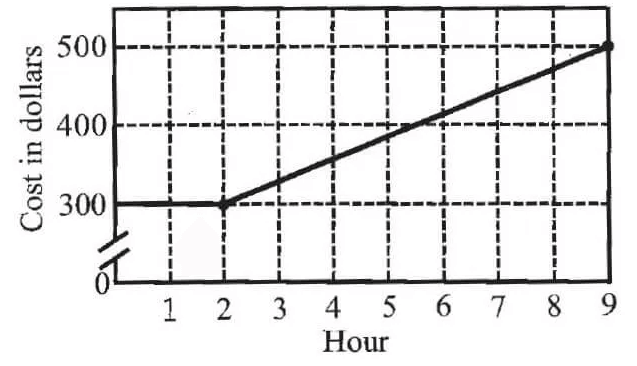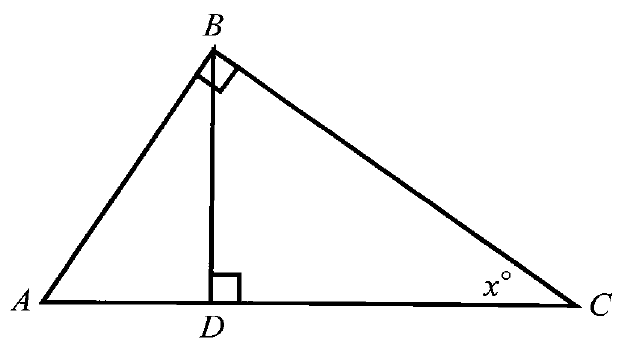HOW TO FIND THE EXCLUDED VALUE OF A RATIONAL EXPRESSION
A value that makes a rational expression (in its lowest form) undefined is called an Excluded value.
To find excluded value for a given rational expression in its lowest form, say p (x)/q (x), consider the denominator q(x) = 0.
Example 1 :
Find the excluded values of the following expression, if any.
y/(y2 - 25)
Solution :
= y/(y2 - 25)
y2 - 25 = y2 - 52
= (y - 5)(y + 5)
= y/(y + 5) (y - 5)
By equating the denominator equal to zero, we get y + 5 = 0 and y - 5 = 0.
y + 5 = 0 and y - 5 = 0
y = -5 and y = 5
So, the excluded values are -5 and 5.
Example 2 :
Find the excluded values of the following expression, if any.
t/(t2 - 5t + 6)
Solution :
= t/(t2 - 5t + 6)
t2 - 5t + 6 = (t - 2)(t - 3)
= t/(t - 2)(t - 3)
By equating the denominator equal to zero, we get t- 2 = 0 and t - 3 = 0
t - 2 = 0 and t - 3 = 0
y = 2 and y = 3
So, the excluded values are 2 and 3.
Example 3 :
Find the excluded values of the following expression, if any.
(x2 + 6x + 8)/(x2 + x - 2)
Solution :
= (x2 + 6x + 8)/(x2 + x - 2)
x2 + 6x + 8 = (x + 2)(x + 4)
(x2 + x - 2) = (x + 2)(x - 1)
= (x + 2)(x + 4)/(x + 2)(x - 1)
= (x + 4)/(x - 1)
By equating the denominator equal to zero, we get x - 1 = 0
So, the excluded value is 1.
Example 4 :
Find the excluded values of the following expression, if any.
(x3 - 27) / (x3 + x2 - 6x)
Solution :
x3 - 27 = x3 - 33
= (x - 3)(x2 + x(3) + 32)
= (x - 3)(x2 + 3x + 9)
x3 + x2 - 6x = x(x2 + x - 6)
= x(x + 3)(x - 2)
= (x - 3)(x2 - 3x + 9) / x(x + 3)(x - 2)
By equating the denominator equal to zero, we get x = 0, x + 3 = 0 and x - 2 = 0
So, the excluded value is 0, 2 and 3.
Kindly mail your feedback to v4formath@gmail.com
We always appreciate your feedback.
©All rights reserved. onlinemath4all.com
Recent Articles
-
Logarithmic Derivative Problems and Solutions
Apr 16, 25 09:25 PM
Logarithmic Derivative Problems and Solutions -
Digital SAT Math Problems and Solutions (Part - 145)
Apr 16, 25 12:35 PM
Digital SAT Math Problems and Solutions (Part - 145) -
Digital SAT Math Problems and Solutions (Part - 144)
Apr 14, 25 07:27 PM
Digital SAT Math Problems and Solutions (Part - 144)

